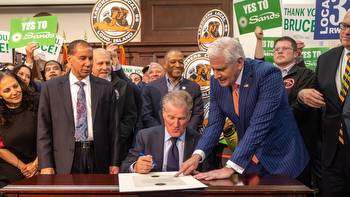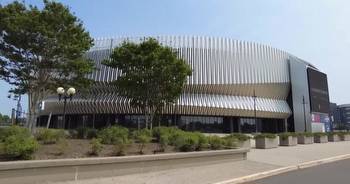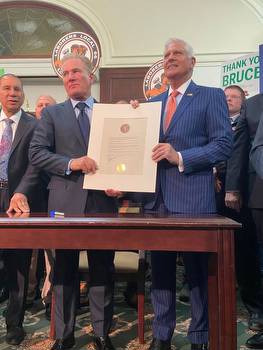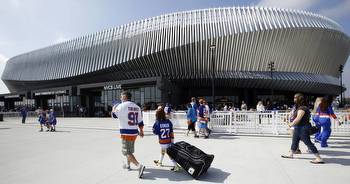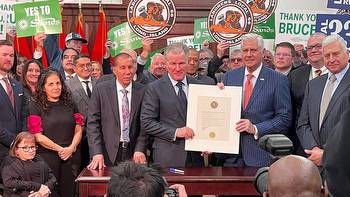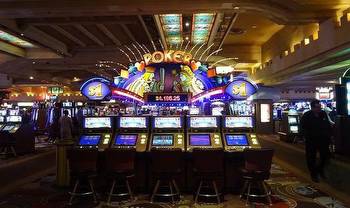Nassau Hub Lease Transfer Debate: Las Vegas Sands' Casino Future Hangs in Balance
In a coming together of numerous entities and vested interests, Nassau County and Las Vegas Sands Corporation face another opportunity to address the concerns surrounding their lease transfer deal on Nassau Hub. The following week, the matter will be deliberated during a public hearing orchestrated by the Nassau County Planning Commission.
The so-called second chance follows hot on the heels of a ruling made by New York State Supreme Court Justice Sarika Kapoor last year, who decreed that the prior deal between the county and the gaming conglomerate contradicted New York’s open meeting laws. The original lawsuit was filed by Hofstra University, an institution that has made its opposition resoundingly clear to the prospect of a casino hotel being erected near its campus.
⭐ ✔️
As detailed on a publicized agenda for the meeting, which is not only slated for 10 a.m. Thursday but will take place virtually, the lease transfer will take center stage during discussions. This is in aid of Las Vegas Sands’ ambition to construct a casino on the site of Coliseum. However, the proposed lease is not a guaranteed greenlight for the area’s development into a casino, which will only be authorized through a separate future lease and will also be subject to public opinions.
Securing the terms of the lease transfer is vital as it opens the door for Sands to wield control and instigate redevelopment of the Nassau Coliseum in Uniondale, New York. This points towards the key importance that the lease transfer holds for Nassau County, as evidence by the incident in May 2023 when legislation of the county voted 17-1 to grant Sands a 99-year lease, enabling the development of county-owned land on the Nassau Hub site. This agreement was followed by Sands reportedly procuring the rights for $241 million.
Despite a significant financial body being invested into the project, Sands and other competitors for the three casino permissions in the downstate region have stated that the projects would lose their charm if casinos are not included. This points towards the criticality of the lease transfer agreement, especially if New York expedites the approval of the downstate casino permits. It’s speculated bidders entangled in land use and legal troubles can be considered undesirable to state regulative authorities.
The Sands Corporation has grand plans for the Nassau Hub, having already pledged a $6 billion redevelopment plan that includes a casino resort, convention center, entertainment spaces, and an array of dining options. Although such a commitment has not been previously seen even in the development of integrated resorts in the U.S., if the casino bid fails, this hefty investment risks being discarded, hence further affirming the need to get the lease transfer right.
However, the casino’s establishment in Nassau County is not a forgone conclusion. Despite the forthcoming planning commission’s meeting showing positive progress and demonstrating the county and LVS’s compliance with open meeting laws, the fate of the casino project remains uncertain. The meeting does not guarantee that the casino plan will receive approval. The process requires environmental reviews and the final approval will be determined via additional methods. The key takeaway from the planning commission is that the Coliseum site will only be authorized for development or usage as a casino through a separate lease in the future, which is once again subject to public comment.











